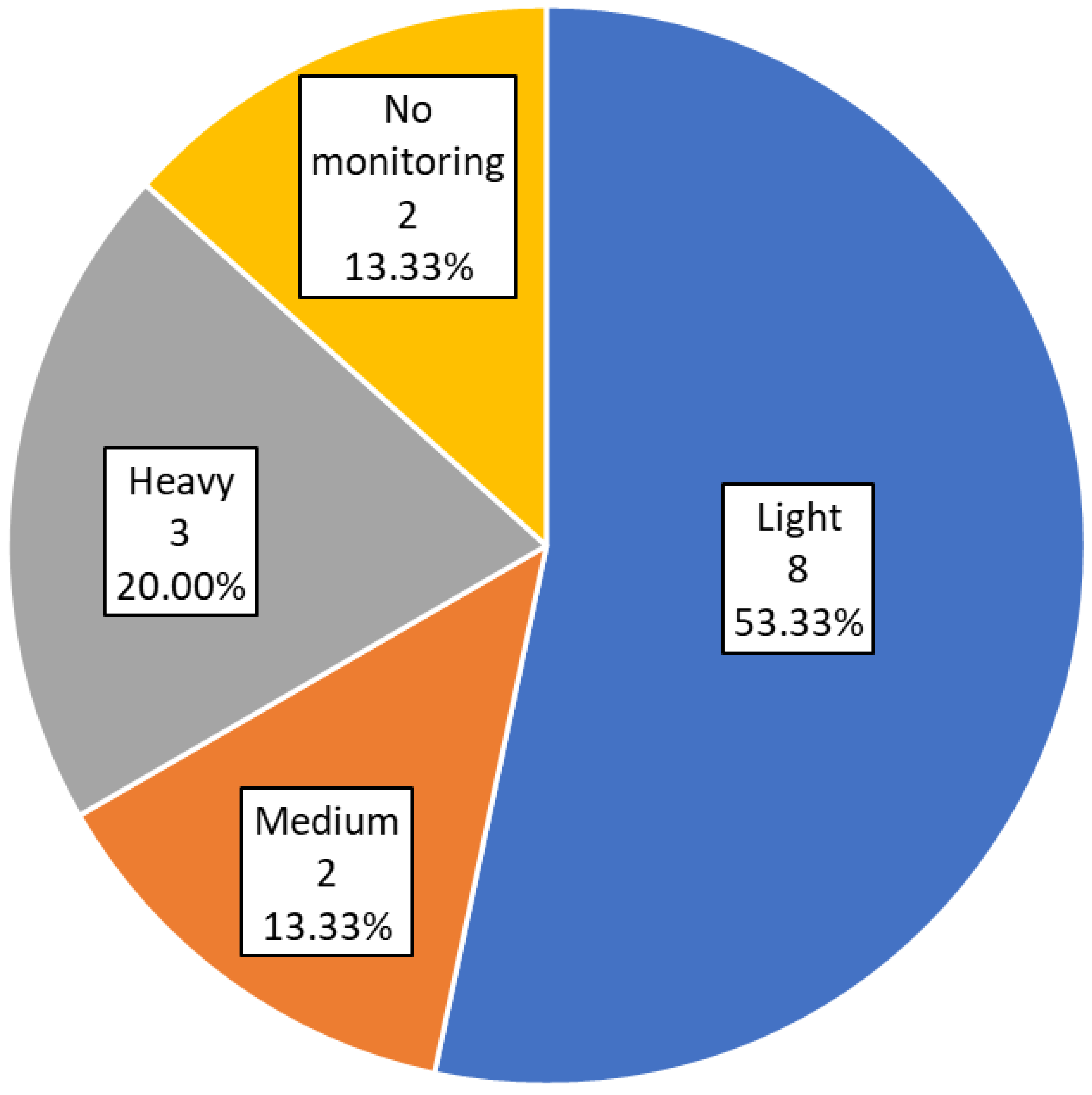
Boosting Brain Health with Smart Tech
In an era where longevity is rising, safeguarding brain health is more crucial than ever. A recent systematic review led by researchers from Spain and Harvard explores how modern technologies can help monitor and enhance lifestyle habits that protect our brains.
The review focuses on seven lifestyle pillars key to brain wellness: physical activity, sleep, nutrition, cognitive engagement, purpose in life, social interaction, and overall health. Surprisingly, most current studies concentrate only on a few of these, such as physical activity and life purpose, while others like sleep and socialization are underexplored.
Mobile phones, web apps, and wearables are among the top tools being used. Yet, over half of the studies still rely heavily on self-reported data through questionnaires. While easy to implement, these tools miss the chance to capture continuous, objective data. Only a few studies use dynamic, adaptive systems or artificial intelligence to tailor interventions based on user behavior.
The review also finds that most interventions are generic and static—one-size-fits-all approaches that don't adapt to individual needs. With only 26% using machine learning or predictive algorithms, there's a clear gap between potential and practice.
Another challenge is inclusivity. Many studies have small sample sizes and often focus on either young or older populations, rarely comparing age groups. Cultural context is also lacking, with over half of the studies based in Europe.
The findings make one thing clear: while promising tools exist, we are not yet leveraging their full potential. A shift is needed—from reactive health interventions to proactive, personalized digital coaching.
Projects like the Barcelona Brain Health Initiative and Spain’s Intelligent Brain Coaching project are pioneering efforts to build smart, data-driven systems that support lifelong brain health. As smart technologies become more widespread, integrating them into everyday life could redefine how we understand, monitor, and preserve cognitive wellbeing.

Adapted from: https://www.mdpi.com/1424-8220/19/19/4183